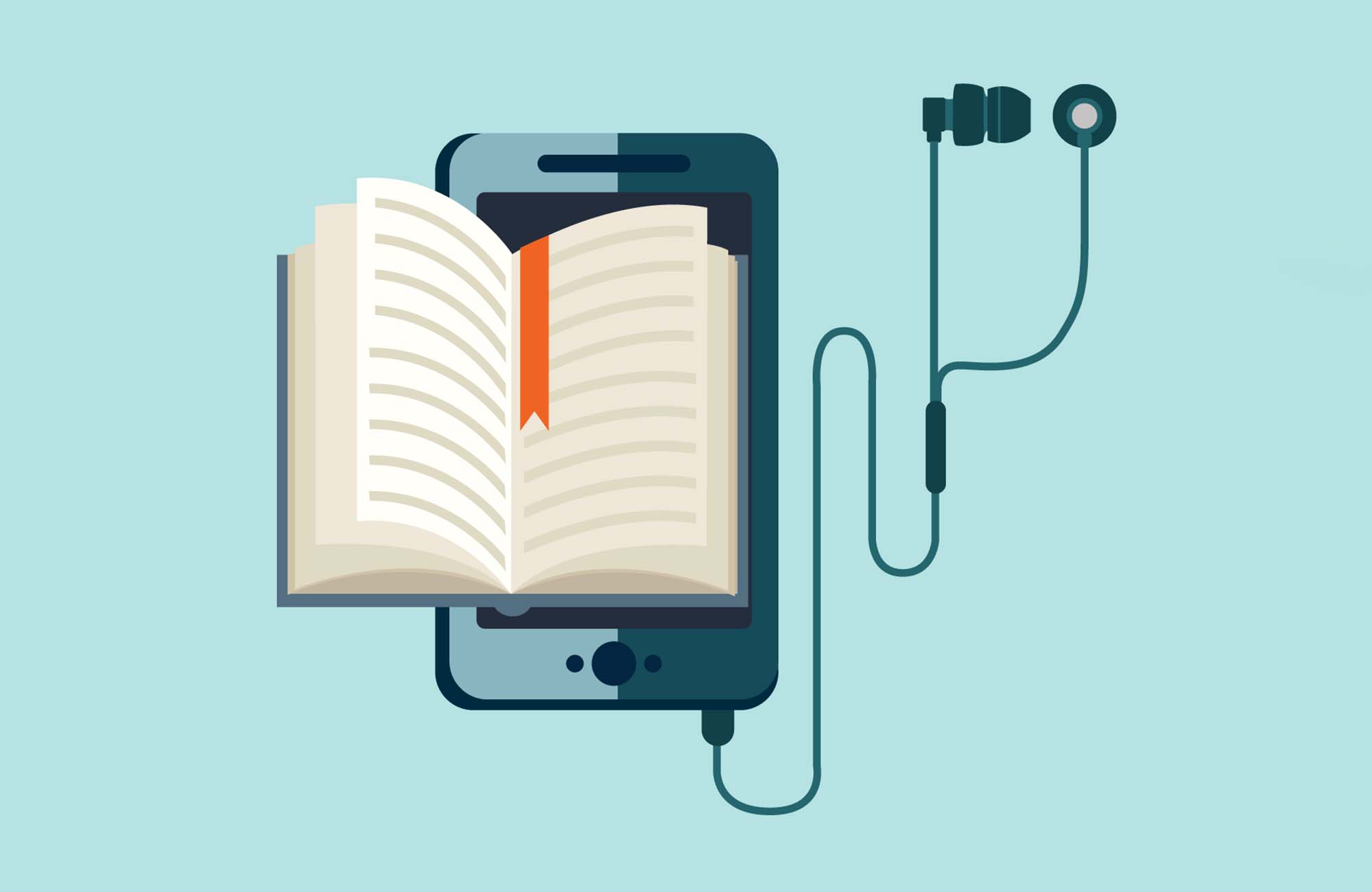Ever feel like there’s too much to read and too little time? Between professional development, personal growth, and a pile of fiction calling your name, choosing the right format can make or break your reading goals.
So, which one is better for productivity, audiobooks vs e-books?
This isn’t just about convenience; it’s about how you learn, retain, and implement knowledge. Let’s dive into the science and scenarios to uncover which format might work better for you.
Understanding the Formats
Audiobooks: Multitasker’s Best Friend
- How they work: Audiobooks deliver content in a spoken format, allowing you to read while on the move.
- Ideal for:
- Commutes and workouts.
- Passive absorption during chores like folding laundry.
- Accessibility needs like visual impairments.
Productivity Perk: Audiobooks let you maximise dead time by turning routine activities into learning opportunities. However, research suggests that mind-wandering can occur more often than with visual reading.
E-books: Digital Reading Meets Portability
- How they work: Digital replicas of traditional books accessed on devices like Kindles, tablets, or phones.
- Ideal for:
- Deep study sessions.
- Academic reading where highlighting and note-taking are key.
- Reading in low-light environments.
Why Amazon Kindle Is a Game-Changer for E-Books
The Amazon Kindle e-readers have transformed the way Aussies enjoy books, making reading more convenient, comfortable, and flexible. Picture this: thousands of titles stored in a lightweight, portable device, no need for bulky bookshelves or overstuffed bags.
With a glare-free screen that resembles real paper, the Kindle is perfect for outdoor reading under the Aussie sun.
Adjustable fonts and sizes cater to every reader, and access to millions of e-books ensures you’ll never run out of options. Whether you’re a casual reader or a dedicated book lover, the Kindle is the perfect companion for on-the-go reading anytime, anywhere.
Comparing Key Factors for Productivity
1. Retention and Focus
- Audiobooks: Perfect for casual listening but may not be ideal for detailed retention due to higher rates of mind-wandering.
- E-books: Their visual nature, combined with the ability to re-read and highlight, offers superior retention for complex subjects.
2. Multitasking Capabilities
- Audiobooks: Shine in scenarios where hands and eyes are occupied. Fold laundry, jog, or even drive while reading.
- E-books: Multitasking here is limited to switching apps for note-taking or referencing.
3. Deep Reading and Note-Taking
- E-books: Perfect for students and professionals thanks to built-in tools like digital highlighters and search functionalities.
- Audiobooks: Though convenient, taking notes often interrupts the listening flow.
4. Accessibility and Portability
- Audiobooks: Accessible to those with visual impairments or reading disabilities.
- E-books: Offer a tactile reading experience without the bulk of paper books.
The Role of Personal Preference
Your choice may boil down to your habits and goals. Consider these factors:
- Do you learn best by hearing or seeing?
- Are you often on the go or prefer structured study time?
- Do you read for leisure or to master a topic?
Maximising Productivity: A Combined Approach
Why limit yourself to just one format when you can leverage the strengths of e-books vs. audiobooks? Combining these two formats allows you to adapt your reading habits to suit your schedule and goals.
Audiobooks shine when multitasking is on the agenda. Listen while commuting, exercising, or tackling household chores to transform idle time into productive learning or leisure.
Their hands-free nature makes them ideal for fitting books into moments where traditional reading is impractical. Audiobooks provide flexibility without sacrificing engagement, Whether indulging in a novel or absorbing a thought-provoking business book.
E-books, however, are perfect for focused, intentional reading sessions. If you’re diving into professional studies, academic materials, or books requiring deep understanding, highlighting passages, bookmarking pages, and making notes offer a distinct advantage. Features like digital search also simplify revisiting key ideas and concepts, making e-books a tool for efficiency and retention.
Thanks to platforms like Audible and Kindle, you don’t have to choose between the two. Many services now offer seamless integration, allowing you to switch effortlessly between listening and reading while syncing your progress across devices. This dual approach empowers you to maximise every moment, whether on the move or settled in for focused study.
To Wrap Up
When it comes to ebooks vs audiobooks, the best option depends on your lifestyle and goals. Audiobooks make multitasking easy, while e-books offer unparalleled tools for focus and retention.
So, why not get the best of both worlds? Try integrating audiobooks into your daily tasks while reserving e-books for deep-dive reading. Boost your productivity, one page, or word, at a time!
Which format resonates with your reading style?
Explore our curated e-books vs. audiobooks platforms to start your productivity journey today. For more personalised insights, NextEdge Learning resources are here to help.
FAQs
1. Which is better for learning, an audiobook or e-book?
E-books are generally better for deep learning as they allow note-taking and re-reading. Audiobooks are great for passive learning and multitasking.
2. Can audiobooks help improve productivity?
Yes, especially if you use them during chores or commutes. However, mind-wandering can reduce retention compared to active reading.
3. Are e-books better than audiobooks for academic reading?
Yes, because they offer features like search, highlight, and the ability to annotate key points.
4. Do audiobooks cost more than e-books?
It depends on the platform, but subscription services like Audible may require monthly fees, whereas e-books can often be purchased outright.
5. What is the best app for audiobooks and e-books?
Amazon Kindle integrates well for both formats, syncing progress between reading and listening.


